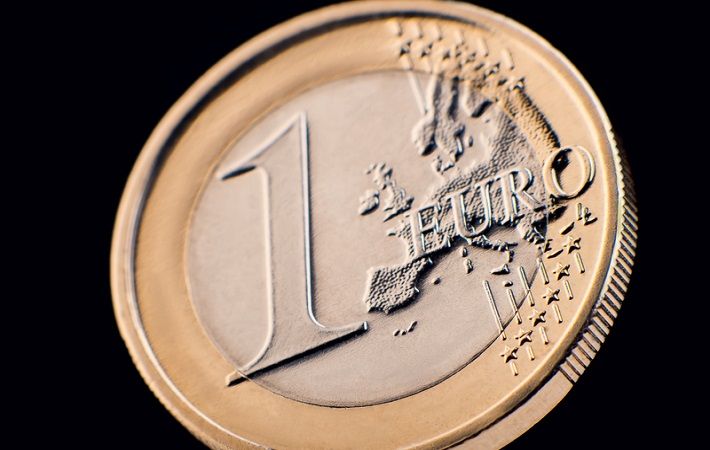Euro area economy is recovering rapidly since Q2: IMF

The euro area includes 19 countries, viz. Belgium, Germany, Estonia, Ireland, Greece, Spain, France, Italy, Cyprus, Latvia, Lithuania, Luxembourg, Malta, the Netherlands, Austria, Portugal, Slovenia, Slovakia and Finland.
“The forceful policies implemented in the euro area over the last year have supported household disposable incomes, maintained worker-job relationships, provided credit to the economy, and protected corporate sector balance sheets. Together with high vaccination levels, these policies have underpinned a strong economic rebound through higher private consumption and investment,” the IMF statement said.
However, the fourth quarter looks weaker given growing supply pressures, elevated energy prices, and, more recently, the reintroduction of mobility restrictions in several countries due to a new wave of infections. Taken together, these factors suggest the possibility of modest revisions in the January World Economic Outlook (WEO) Update to IMF’s current forecasts of 5.0 per cent growth for 2021 and 4.3 per cent for 2022.
Beyond the headline numbers, the recovery “is likely to be uneven across countries and sectors, potentially increasing inequality and disparities both across and within countries. Labour market slack is expected to continue declining, with hours worked increasing in line with activity and participation and employment rates slowly converging to pre-pandemic trends,” the statement added.
“Looking ahead, coordinating fiscal, monetary, and financial sector policy normalisation in the face of uncertain pandemic dynamics and legacies will be a challenge. Policies should remain accommodative but become increasingly targeted, with a focus on mitigating potential rises in inequality and poverty. Fiscal policy space should be rebuilt once the expansion is firmly underway, but credible medium-term consolidation plans should be announced now. Recent inflation readings have surprised on the upside, but much of the increase still appears transitory, with large second-round effects unlikely. Hence, monetary policy should continue to support the recovery. Structural reforms and high-impact investment, including in climate-friendly infrastructure and digitalisation, remain crucial to enhancing resilience and boosting potential growth,” the statement suggested.
Fibre2Fashion News Desk (RKS)
































-Ltd..jpg?tr=w-120,h-60,c-at_max,cm-pad_resize,bg-ffffff)





.jpg?tr=w-120,h-60,c-at_max,cm-pad_resize,bg-ffffff)
.jpg?tr=w-120,h-60,c-at_max,cm-pad_resize,bg-ffffff)






